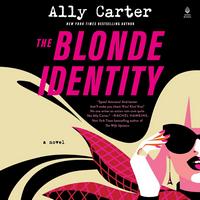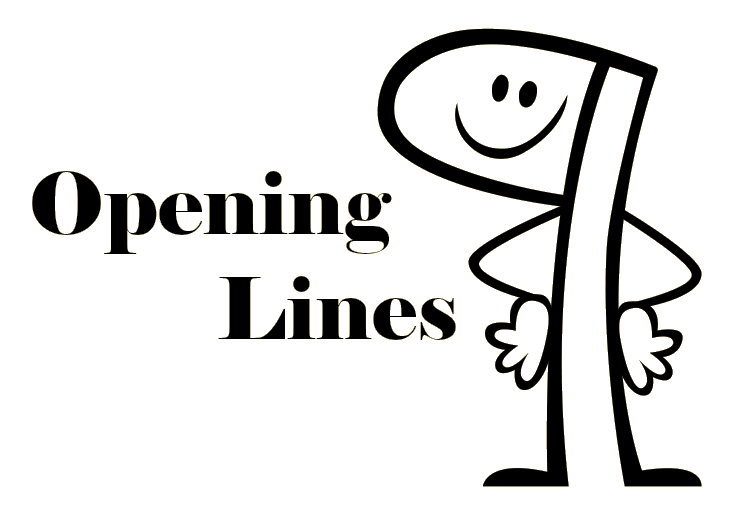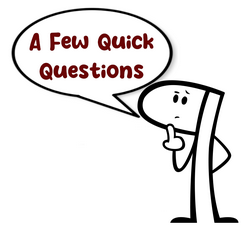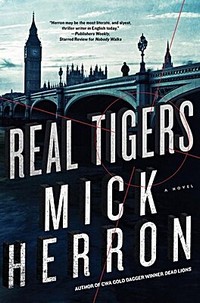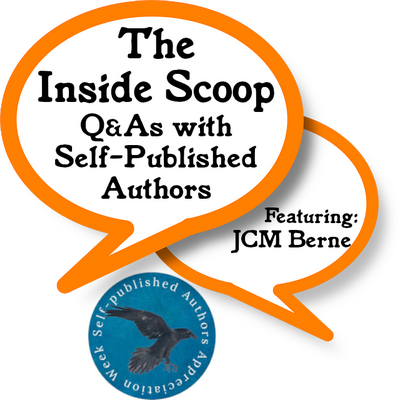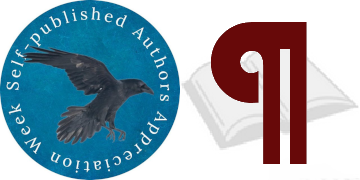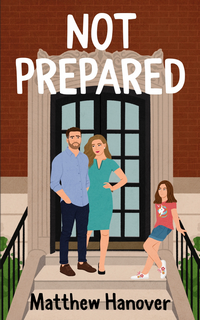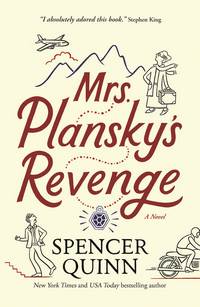 Mrs. Plansky’s Revenge
Mrs. Plansky’s Revenge
DETAILS: Publisher: Forge Publication Date: July 25, 2023 Format: Hardcover Length: 291 pg. Read Date: September 4-5, 2023

“…there’s also what you might call a demotivating factor.”
“Which is?” said Mrs. Plansky. For some reason she was now finding Agent Gatling easy to understand.
“From our point of view the scammers are bad guys, end of story. But to the elite running the show over there the scammers are bad guys who also have a nice little industry going, bringing in the Yankee dollar and lots of ‘em. And to the everyday Joe they’re punching up, the kind of outlaw people have a soft spot for.”
“Like Robin Hood.”
“You got it.”
They gazed at each other. The message was in his eyes, Mrs. Plansky voiced it.
“You’re telling me to lose hope.”
“Not in so many words.”
What’s Mrs. Plansky’s Revenge About?
Mrs. Plansky is enjoying her retirement (however much it’s tainted by the semi-recent death of her husband). Her hip replacement’s healed enough that she can play tennis, and she’s practically back at the level she was before the surgery. Her kids are established in their lives, her grandchildren are doing okay (although she has some concerns about her grandson’s friends and associates). Things are as good as she could’ve wanted.
Then one day, she’s scammed by someone claiming to be her grandson who needs some money for bail. We’ve (probably) heard about versions of this scam—they don’t just get the bail money, they get enough information from her to empty her accounts.
She’s devastated. How is she going to live? How’s she going to help her father, her children, or her grandchildren? Is she going to be able to convince them that they don’t need to worry about her emotional stability or soundness of mind? And what can she do when even the FBI seems to be giving up before they’ve even started?
Well, Mrs. Plansky does what she’s always done—put her nose to the grindstone and get to work. The FBI said something about some small Romanian town, why not start there? So she sells a very nice piece of jewelry and buys a plane ticket. It may be a fool’s errand, but little ventured, little gained, right?
Norm and the Mrs.
Throughout the book, Mrs. Plansky is identified as “Mrs. Plansky.” Not “Loretta” or “Plansky” as most writers would do after establishing the protagonist’s name. This is how she thinks of herself (although she tells people to call her Loretta all the time). Now, you could come at this with some sort of feminist critique about how her personality/identity has been swallowed by her husband’s or something along those lines. And in some books that would be valid.
But I don’t think that’s the case here (Mr. Quinn, feel free to correct me on this). She just thinks of herself as Norm’s wife. And, I expect, that were he still with us, Norm would think of himself as Loretta’s husband. He’s constantly on her mind as she goes through all this. They had a strong marriage, built a business together (each displaying their own strengths), raised a couple of kids together, and enjoyed a life together (made all the more pleasant by the business taking off and giving them a very comfortable life).
The fact that after his death she still thinks of herself in this way I found particularly sweet. They may have been parted by death, but in many real and tangible ways, they’re still married. It’s a great character point and tells us so much about her without Quinn having to do so. This is not to say that Mrs. Plansky might not consider future romantic entanglements, but she’ll always be Norm’s wife in some sense.
Mrs. Plansky’s Other Opponent
She closed her eyes, resting them, in fact. Giving her eyes a little rest from time to time? That was new in her life. Her eyes had gone along for more than seven decades content to take their rest when the rest of her was resting—team players, the pair of them—but now they were making demands.
Related to that—Mrs. Plansky’s no spring chicken. She’s in great shape for someone of her years and will surprise herself by some of what she’s able to do physically (for example, on the tennis court). At the same time, she’s having to come to grips with the effects of aging—her strength and endurance isn’t what it was, her attention slips from time to time, and her recall might struggle a bit. Everything, basically, is a little more difficult than it used to be. I appreciated the way that Quinn depicted this—not that everything’s falling apart, or that with grit and determination she’s triumphing against the effects of aging, she’s simply noticing and adjusting.
There are moments here and there where this makes Mrs. Plansky (rather, a close third-person narration) slightly unreliable. But Quinn’s spent years writing from the POV of a dog who doesn’t fully understand what humans are doing, and he’s great at depicting that without casting doubt on everything going on and getting the reader to understand things that the protagonist missed.
The Tone
Overall, the book has a lighter and optimistic tone. Most of that comes from Mrs. Plansky’s character and frame of mind.
But (to go with that character), not all of it is light. There are some dark moments, some real despair and worry. For example, I knew the premise of this book months ago, back when Quinn first announced it. Yet when Mrs. Plansky’s on the phone with the scammer and is giving away too much information, I was reading with one hand over my eyes. Similarly, as she comes to grips with just how bad things are for her—and takes in Agent Gatling’s message about how little hope she has to recover the funds…you can’t help but feel for her.
But when she comes up with a plan and begins to execute it—and enjoys doing so. It’s impossible not to catch that optimism and lightness.
So, what did I think about Mrs. Plansky’s Revenge?
This is a very different flavor than I’ve seen from Quinn before—yes, it shares some elements from his other work (The Right Side and the Chet and Bernie books in particular), but overall, it feels like a new and welcome direction. I mean, it’s welcome here as long as he comes back to Chet and Bernie. There’s a depth, a perspective, and a different kind of character than I’m used to. And a total dearth of animal companions, which is just strange.
I loved most of the characters (even the bad guys). And even (in the case of her children, for example—a sure sign that Mr. and Mrs. Plansky weren’t great at everything) when I didn’t like the characters, I appreciated the way Quinn wrote them. The one exception is her father, who lives in a nearby assisted living facility. I’m not sure that we needed Mrs. Plansky’s father as a character—I think he was supposed to be both comic relief and just one more source of financial pressure for her. I don’t think the comedy worked all that well—and Quinn could’ve given us another source for the pressure.
One quick aside, I’m just curious—between this book and Osman’s Thursday Murder Club books, I’m wondering if there’s a surfeit of charming Eastern European men with a “flexible” understanding of the law running around. Can anyone confirm that?
An implausible, but great story. A revenge fantasy that many people will have had, taken on by a relatable character that you can’t help but root for. There’s plenty of heart to go around, and it’ll just leave you feeling good (as long as you don’t put it down while she’s being ripped off).
If you’ve tried Quinn before and he hasn’t clicked with you, try this one. If you haven’t tried him before, try this one. If you’re not sure you want to read a dog-less book from him, try it. If there’s anyone I haven’t covered in this paragraph—try it.

This post contains an affiliate link. If you purchase from it, I will get a small commission at no additional cost to you. As always, the opinions expressed are my own.
![]()



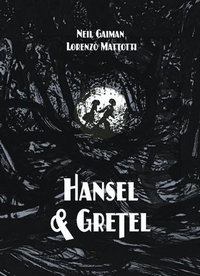

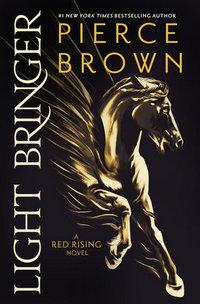
 I need to start with the fact that I went into this with a wrong assumption—I misunderstood something I saw Brown say on Twitter some months ago and thought that this was the finale of the series. I started wondering pretty soon how that was going to be the case, but it took me far too long to admit that I misunderstood him and shouldn’t expect any kind of bow to be put on things by the end of Light Bringer. Once I gave that up, most of my lingering questions about pacing and character went away.
I need to start with the fact that I went into this with a wrong assumption—I misunderstood something I saw Brown say on Twitter some months ago and thought that this was the finale of the series. I started wondering pretty soon how that was going to be the case, but it took me far too long to admit that I misunderstood him and shouldn’t expect any kind of bow to be put on things by the end of Light Bringer. Once I gave that up, most of my lingering questions about pacing and character went away.
